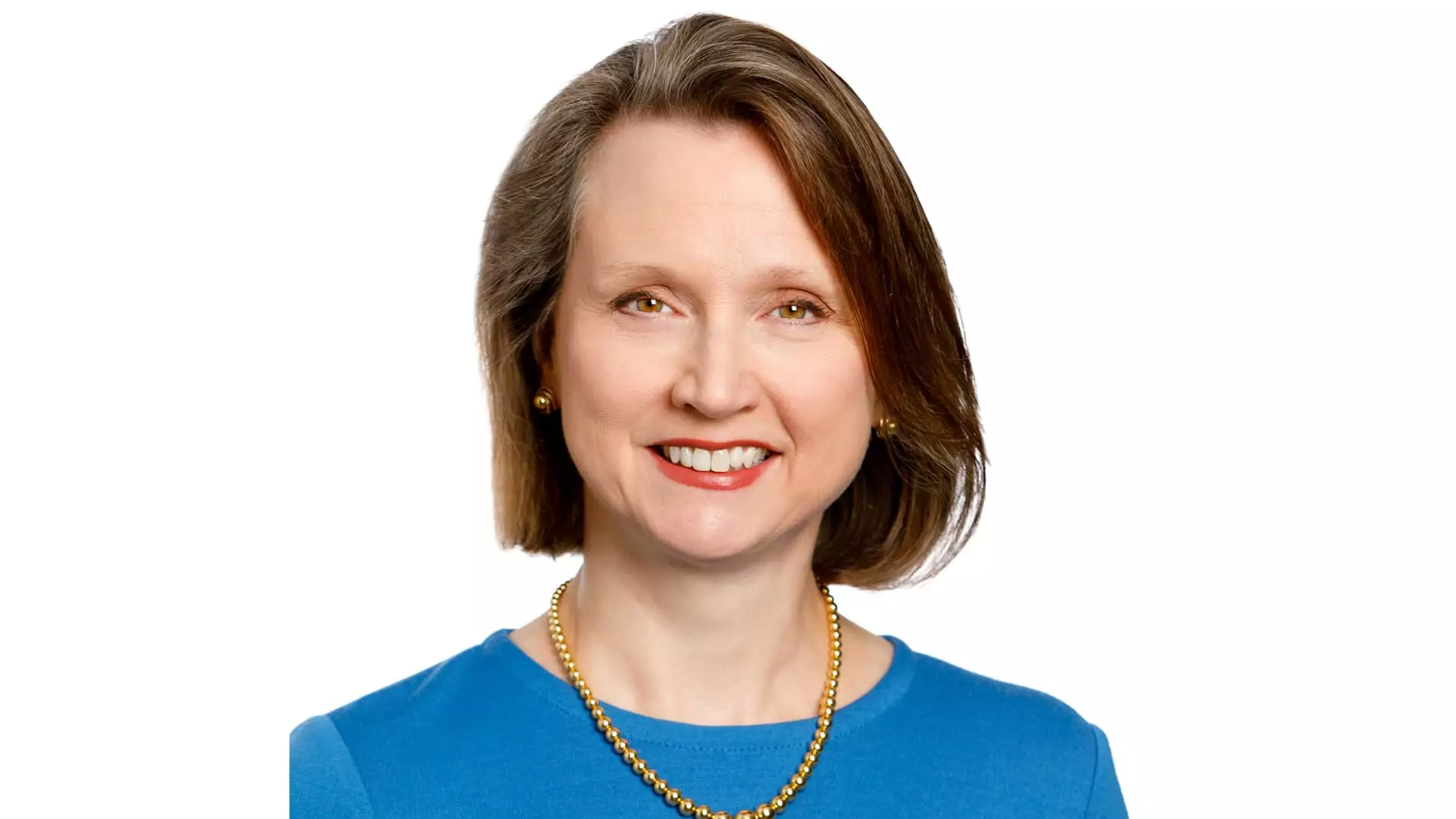The story of Kathryn Glass, co-head of the high-yield fixed-income group at Federated Hermes, defies the conventional narrative often associated with financial careers. One wouldn’t typically expect to find a leader in finance with a deep foundation in Japanese literature. Glass initially embarked on an academic path, earning degrees in Japanese language and literature, only to pivot dramatically into finance as she veered away from her Ph.D. program. This unconventional transition begs questions: What drives such a drastic career shift, and how can it inform our understanding of success in finance?
Glass’s story emphasizes a broad spectrum of skills that extend beyond the delimited confines of finance. Her unique background showcases the importance of diversity in thought and experience—a reminder that the financial industry could greatly benefit from embracing unconventional career trajectories. The analytical skills honed through her studies, alongside her minor in math, provided the perfect groundwork for her eventual entrée into the world of high-yield investment. Her experience underscores the notion that brilliance often emerges from nontraditional pathways.
The High-Yield Dilemma: Between Caution and Opportunity
In today’s high-yield space, where risk and reward intertwine, Kathryn Glass encapsulates the challenges that investors face in a market teetering on the edge of uncertainty. As spreads tighten, one must wonder: are we on the precipice of an unsustainable high-yield environment? Glass’s analytical eye is trained not only to sift through numbers but also to gauge the subtle dynamics at play within management teams and industry landscapes.
Her approach is indicative of a cautious realism that often takes a backseat to exuberance in financial circles. “It’s a Goldilocks-type scenario,” she notes, where the economy may appear stable but beneath the surface lurks an imbalance. Herein lies one of her most striking insights: valuation, though an imperfect timing tool, serves as a critical guidepost for investors. The delicate dance between caution and opportunity is a theme that resonates throughout her management strategy, highlighting the importance of risk assessment.
Interpersonal Insights: More Than Just Balancing Sheets
Unlike many of her peers who may focus solely on quantitative data, Glass underscores the necessity of understanding the qualitative aspects of financial analysis. She elaborates on the importance of interacting with management teams and deciphering their strategic priorities. This emphasis on interpersonal relationships adds a valuable dimension to investment decision-making that is often overlooked in traditional finance education.
Investment isn’t merely about crunching numbers or reading 10-Ks; it is also about narrative formation. Understanding a company’s story is paramount—especially in the high-yield space, where companies find themselves there for various reasons, often cloaked in complexity. This focus on qualitative analysis positions Glass and her team strategically, as they aim to differentiate themselves through a more nuanced grasp of each company under review.
Waiting for the Perfect Storm: Positioning for Uncertainty
As Glass navigates the high-yield landscape, she remains perched on the edge of anticipation. The market is currently characterized by high valuations and low spreads, mimicking a coiled spring of impending volatility. Her statements about being “priced to perfection” evoke a sense of urgency that should resonate with investors from all corners of the market. In an environment where pockets of potential, labeled as “lower-spread names,” reside within the junk bond market, her strategy highlights a granular approach—selecting quality amidst the chaos.
Glass’s caution, however, is tinged with a strategic optimism. She remains waiting, ready to pounce when the market opens up, underscoring a philosophy that embraces risk while simultaneously staving off recklessness. This kind of pragmatic foresight could be indispensable in a market rattled by unexpected shocks.
Navigating a Shifting Landscape: A Call to Action for Investors
The insights presented by Kathryn Glass serve as a wake-up call for investors operating in an era of unprecedented financial complexity. In a world increasingly driven by algorithms and data analytics, her holistic approach offers a multi-dimensional view that should inspire industry newcomers and veterans alike. The significance of human intuition and the understanding of narratives cannot be overstated, especially in a climate where high yields beckon but come dressed in the cloak of risk.
As the stakes in the high-yield market grow higher, are we genuinely prepared to embrace a future defined by nuance and qualitative insight, or will we remain shackled to outdated paradigms of financial analysis? Glass encourages us to evolve, spotlighting the need for vigilance and an ability to adapt to fast-changing conditions. The real question isn’t just about navigating the currents but mastering them for future success.
This dynamic period in finance isn’t merely a challenge; it’s an opportunity for those willing to approach investment with a fresh perspective—a philosophy that combines both quantitative rigor and qualitative curiosity. As we move forward, let us embrace the lessons learned from figures like Kathryn Glass. The path may be unconventional, but the rewards could be infinite.

